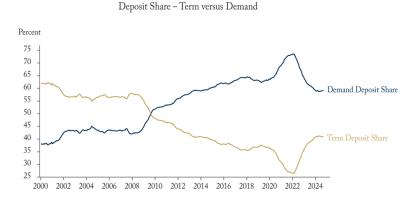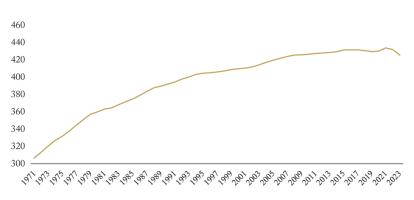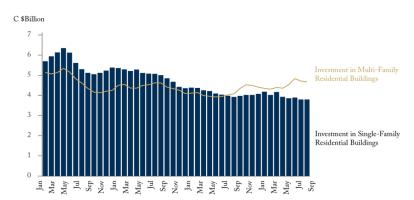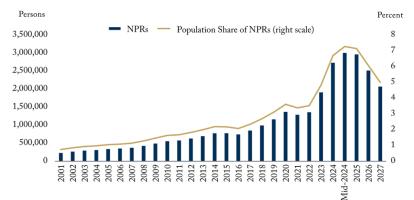Surging inflation over the past year has Canadians on edge. In addition to the unsettling and even frightening erosion of purchasing power, experience suggests higher inflation may bring strikes and lockouts in its wake. Harmful enough on their own, work stoppages would also worsen the production and supply-chain problems that have contributed to inflation in the first place.
When inflation is low, employers can more easily forecast revenues and understand what competitors are doing. Employees can more easily forecast their cost of living and compare their wages to what’s on offer elsewhere. When inflation is high, employers’ grasp on their outlook and competition is less secure. Employees, hurt by the dwindling value of their pay cheques, judge their situation relative to whoever they know of who got the most recent big increase. Labour relations deteriorate.
In recent years, the Canadian economy’s lost days of work per thousand workers has been in single digits. In the late 1980s, the typical loss was about 30 days per thousand workers. And in the high-inflation 1970s, the typical loss was twice that.
Our economy is already straining to meet surging demand. Production and supply chains are under stress. Unless employers and employees see quick action to bring inflation back down, work stoppages could exacerbate this mismatch of supply and demand and push inflation higher yet.





